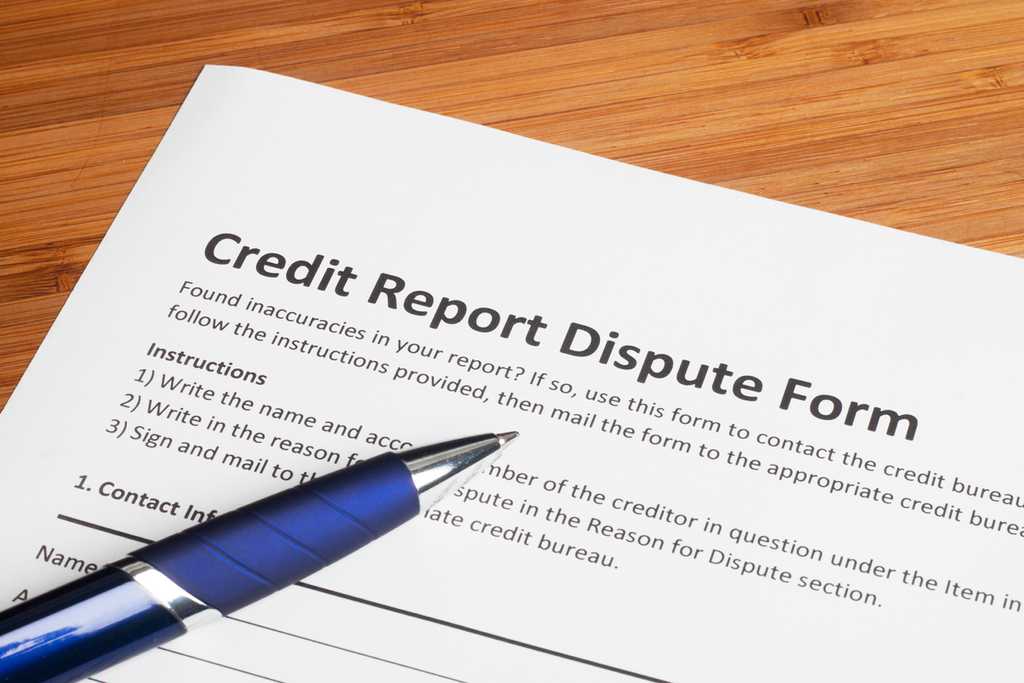
Credit cards offer consumers protection against unauthorized charges. The Fair Credit Billing Act protects consumers and limits their liability to $50 for fraudulent, unauthorized purchases so paying with a credit card is a safe option.
Consumers file disputes for numerous reasons, including defective merchandise, orders that were never delivered, botched or unfinished home repair jobs, shoddy car repairs, difficulty cancelling streaming subscriptions or other services, undisclosed service fees, billing errors, etc.
Disputes are also filed for unauthorized, fraudulent charges that you do not recognize and did not authorize which can happen when your credit card is lost or stolen or when you still have your physical card, but the credit card information has been stolen and used without your consent.
Gather Paperwork
Prior to filing a dispute gather documentation to back up your claim, receipts, email messages, invoices, statements, contracts and other relevant information.
Start with the Merchant
If you are disputing a purchase you made start with the seller. Most offer exchanges and refunds. When you purchase an item check the return policy before buying. If you cannot return an item for a full refund you might want to reconsider the purchase. Most merchants want to resolve disputes because chargebacks represent a substantial revenue loss. Don’t file a dispute with your credit card company until you have first tried to resolve the issue with the seller.
Act Quickly
You have a limited time window to dispute a charge, review your credit card statements monthly or more often, you can log into your account online and see what charges are pending even before receiving your statement. If you spot a fraudulent charge, contact your credit card provider immediately.
When reviewing your credit card statement if you find a charge you don’t recognize review the details. Often a company name appearing on the statement may not look familiar but upon further investigation you may find it is legitimate. This can happen when a business bills you under the name of its parent company. If you are unsure log into your account online, most providers show more detailed information such as a more descriptive name, phone number or website for the merchant. You can also do a search in your browser for the name as it appears on your statement which will often reveal the full vendor’s name. Take time to verify the information before filing a dispute, too many false dispute charges can lead to credit card termination. Sign up for account alerts that will notify you when any transaction has taken place.
How to Dispute Billing Errors
Most card issuers allow you to file a dispute online, by phone or by writing a letter. File the dispute within 60 days of receiving the statement with the error.
Though many disputes are filed online or by phone, you may be required to send a dispute letter to explain the situation. When sending a letter include the transaction details including date, location, merchant and the amount being disputed. Include the reason for the dispute and any steps you have taken with the merchant to resolve the issue.
Along with the letter provide proof through the documentation you have gathered. Keep copies of all correspondence and details related to the dispute. Send the letter using certified mail so you have verification the letter was received.
According to the Federal Trade Commission “Within 30 days of getting your complaint, the issuer must acknowledge it in writing, unless the problem has been resolved. Within 90 days of getting your complaint, the issuer must resolve the dispute. While the issuer is investigating your complaint, you can withhold payment on the disputed amount and any finance and related charges. But you’re expected to pay any part of the bill not in question, including finance charges on the undisputed amount.”
Final Thoughts:
Any unexpected or unrecognized charge on your credit card should be investigated promptly. If you need to file a credit card dispute, you have 60 days from when the charge appears on your credit card statement.
Your first course of action for an incorrect charge on your account should be to contact the merchant who will often resolve the issue to avoid a chargeback. If that fails, or you believe fraud was involved, contact your credit card issuer. Most have zero liability for fraud.